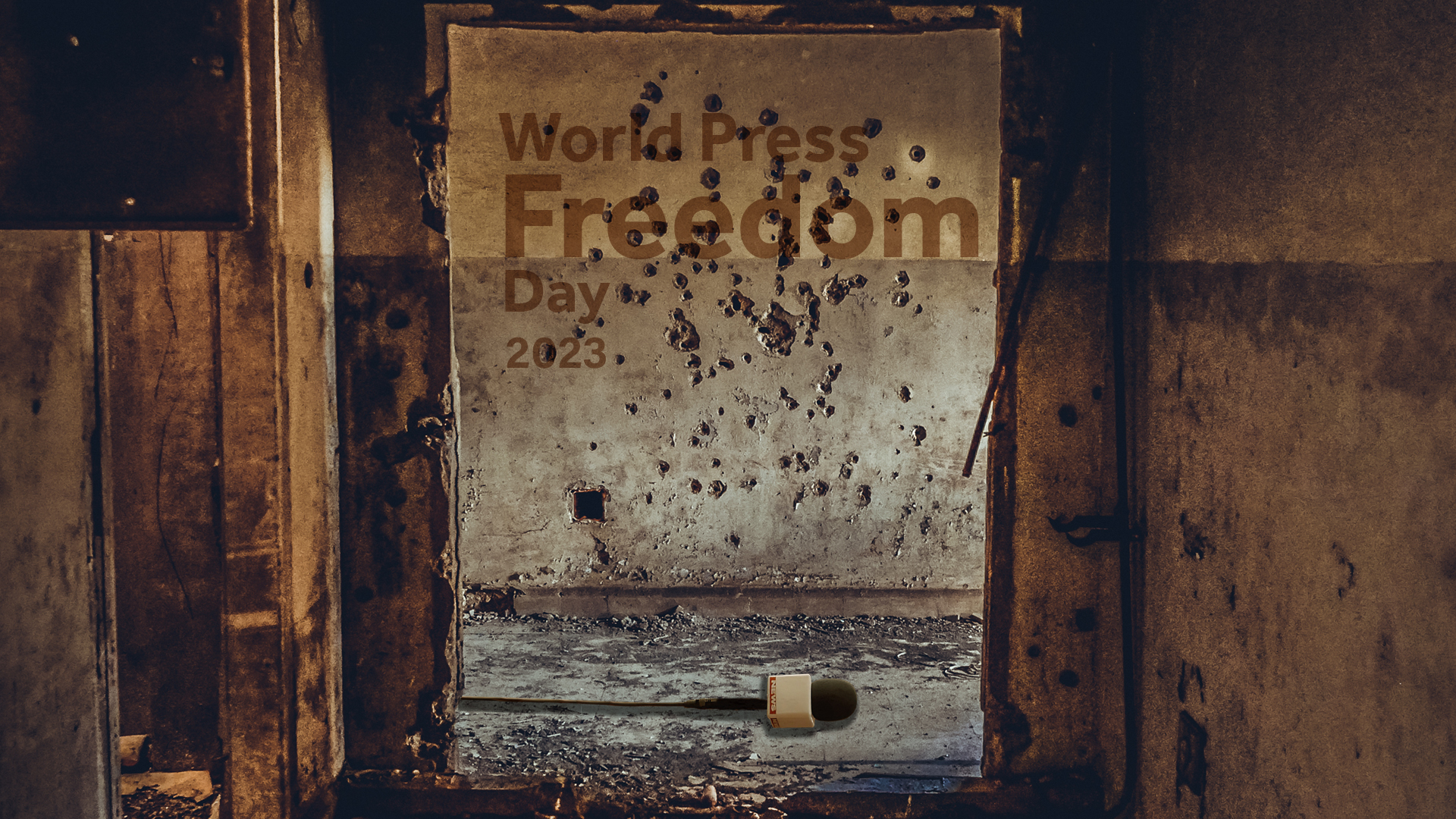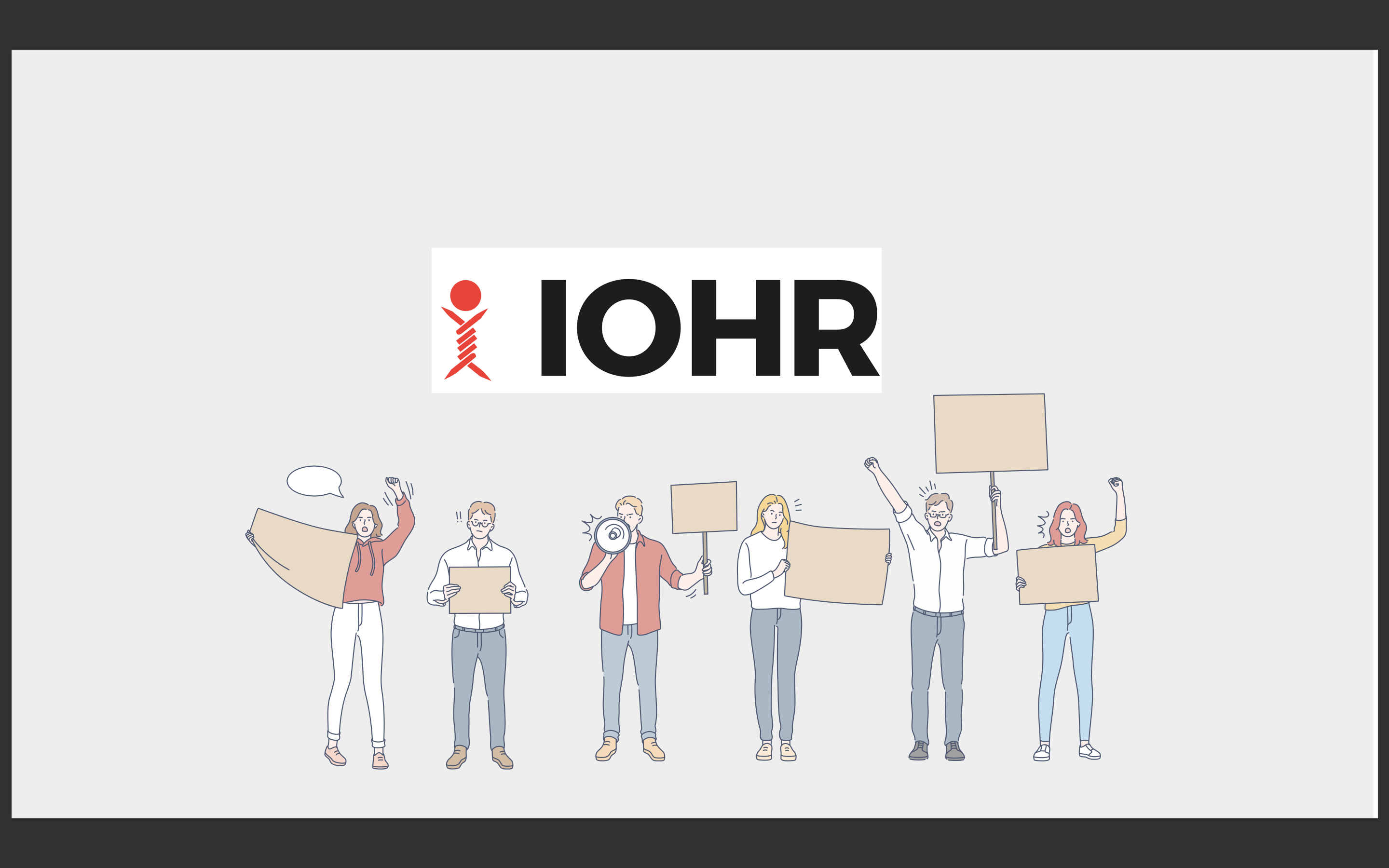17 September 2025
The Iraqi Observatory for Human Rights (IOHR) is deeply concerned as the Council of Representatives prepares for the second reading of the draft Law on the Right to Access Information. From its human rights mandate, IOHR emphasizes that while the draft law is of fundamental importance, its current version contains several provisions that could strip the right of its substance if adopted without serious and transparent revisions.
1. Definition of Information
The draft defines "information" through a narrow enumeration of forms and documents. Such a limited definition could exclude other types of data (such as electronic communications, internal recommendations, or non-archived documents). This contradicts the principle of comprehensiveness endorsed by international standards, which require the right to cover all information produced or held by public authorities, regardless of its form or medium.
2. Broad Exceptions
The draft allows withholding information related to defense, security, foreign policy, official correspondence, and procurement, without clear criteria to define necessity. Such vague formulations open the door to using “pretexts” to restrict access to information of public interest, particularly concerning public spending or anti-corruption efforts. According to Article 19(3) of the International Covenant on Civil and Political Rights (ICCPR), restrictions must be exceptional, precise, and necessary—not the rule.
3. Appeals Mechanisms
While the draft permits appeals against refusals, the mechanism is vague and does not guarantee the existence of a truly independent authority, nor does it impose binding timeframes for responses by concerned entities. This weakens safeguards for fairness and contradicts best practices, which call for an independent body with clear powers whose decisions are binding.
4. Sanctions
The draft imposes penalties on those who violate the law or misuse information. While deterrence is important, the current wording could be misused to punish journalists or activists rather than protect their rights, unless the violations are narrowly and clearly defined. This threatens press freedom and contradicts Iraq’s obligations under the ICCPR.
5. Lack of Public Participation
Although the law addresses the core relationship between the state and society, its drafting was not built on broad consultations with civil society organizations, journalists’ unions, or academics. Enacting a law of this magnitude without genuine participation undermines its legitimacy and raises fears that it will serve as a formalistic tool rather than a genuine instrument to promote transparency.
IOHR Recommendations
Expand the definition of information to cover everything held by public authorities, regardless of its form or medium, in line with international standards.
Limit exceptions to precise, narrowly defined, and strictly necessary cases, consistent with Article 19(3) of the ICCPR.
Establish an independent and effective appeals mechanism to ensure individuals can challenge refusals before an independent authority and the judiciary.
Revise sanctions to ensure they cannot be used against journalists or human rights defenders, limiting them only to deliberate misuse that causes actual harm.
Engage civil society, journalists, and experts in any final revisions or amendments, to ensure legitimacy and compliance with international standards.




